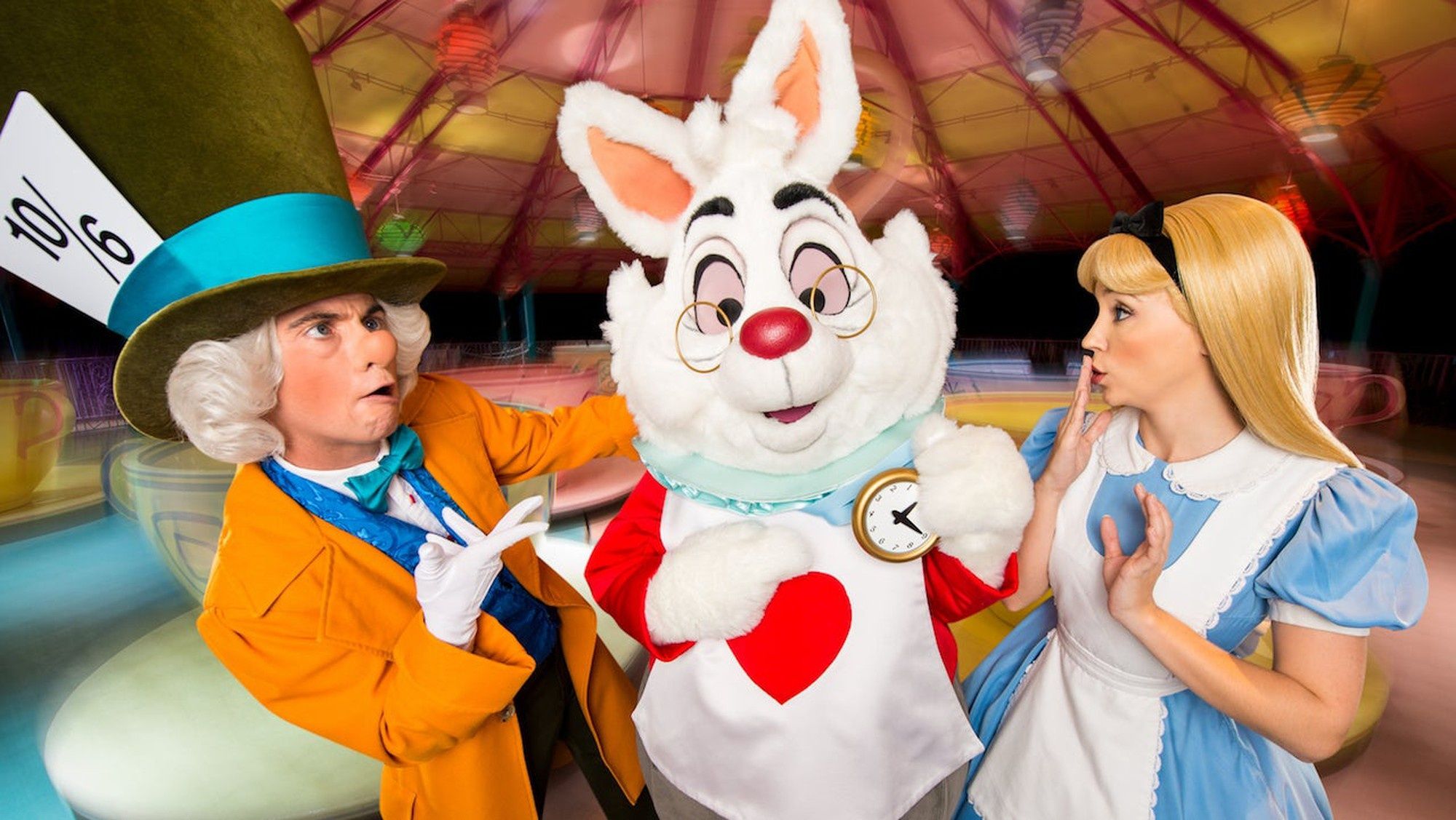Investors have sent Netflix's (NFLX 0.04%) share price soaring as demand for home entertainment has boomed amid social distancing efforts to curb the spread of the novel coronavirus. At the same time, shares of Disney (DIS 1.83%) have been pummeled by the market -- so much so that Netflix's market cap is now greater than the media giant's.
The two companies go head to head in film and television production as well as streaming, but Disney's exposure to theatrical distribution, the television advertising market, retail sales, and its massive theme parks business have investors worried.
Here's what Netflix's market cap surpassing Disney's suggests about both companies.

Image source: Walt Disney.
The business of streaming is huge
Netflix ended 2019 with over 167 million global subscribers. It originally expected to add 7 million more in the first quarter, but after the impact of coronavirus, it'll be a disappointment if it only adds that many.
Meanwhile, Disney recently announced 50 million Disney+ subscribers, about 42 million of which are outside of India (where the incremental revenue per Disney+ subscriber is minimal). It also has over 30 million Hulu subscribers and another 6.6 million ESPN+ subscribers. Disney is still rolling out Disney+ internationally, and it hasn't even begun the international expansion for Hulu, so there's a lot of growth left.
Analysts at Wells Fargo recently gave Disney's streaming businesses a combined target enterprise value of $91.2 billion after accounting for the impact of the coronavirus pandemic. That's less than half of Netflix's current enterprise value.
There's no doubt Netflix should be valued greater than Disney's streaming business. Disney's subscriber base is smaller, and its monthly average revenue per user for Disney+ ($5.56) is significantly less than Netflix's, which varies between $8.18 and $13.22, depending on the region. Additionally, part of Disney's streaming business is dependent on advertising, which makes its revenue less predictable and more susceptible to outside forces.
Still, Disney has shown an ability to scale quickly. It'll only be a matter of months before it reaches the lower end of what was initially its five-year outlook of 60 million subscribers. As it expands its reach, Disney should see total subscribers quickly catch up to Netflix levels, and then it can focus on increasing ARPU. The business's growth could play out just like Netflix stuck on fast-forward.
It seems like either Netflix shares have gotten ahead of themselves, Disney's streaming business is undervalued, or Disney's other businesses are undervalued.
Are Disney's other businesses in that much trouble?
There's no doubt coronavirus has caused some serious damage to Disney's business.
Theaters are closed, preventing the debut of Disney's blockbusters. The theme parks are closed, and nobody knows when those operations might return to normal. Television and film productions are halted, and the fall television season debut is getting called into question. And sports leagues have suspended play, putting a big dent in Disney's media networks crown jewel, ESPN.
Not to mention, marketers have pulled back on ad spend across the board, which will hurt its media networks and the ad-supported side of its streaming business. Consumers aren't spending money on discretionary purchases right now, and they might not have money to spend in the future if booming job losses become permanent.
Indeed, the near future is bleak for Disney. But its strong brands, portfolio of popular intellectual property, and broad presence in the cable bundle will support it in the long term.
It may be a long road back to normal, but long-term investors should see value in Disney stock compared to Netflix shares right now.







